Do all seafood contain iodine? Can I eat seafood if I have hypothyroidism?
This is a really tricky question and one that is of particular concern to many patients.
With the improvement of living standards, seafood, which used to be available only to coastal residents, is increasingly coming to the table of inland residents. Because iodized salt may affect the detection of thyroid disease, and in recent years, thyroid disease is increasing, for these patients, seafood contains iodine or not, thyroid disease can eat seafood, which are two urgent issues.
All seafood contains iodine, but in different amounts.
Iodine, as a trace element in the human body, is an essential raw material for the synthesis of thyroid hormones and plays an extremely important physiological role in the human body.
In nature, the food with the highest iodine content is seafood, seafood including algae, marine fish and shrimp and shellfish, of which kelp, nori and other seaweed, which contains the highest iodine content; followed by marine fish, such as cuttlefish, scallop, etc.; shrimp and shellfish food containing iodine is relatively small.
For example, 100g of dried kelp contains 36,200 micrograms of iodine, while 100g of shrimp skin contains 264 micrograms of iodine, and figuratively speaking, if the iodine in table salt is compared to 1, then.
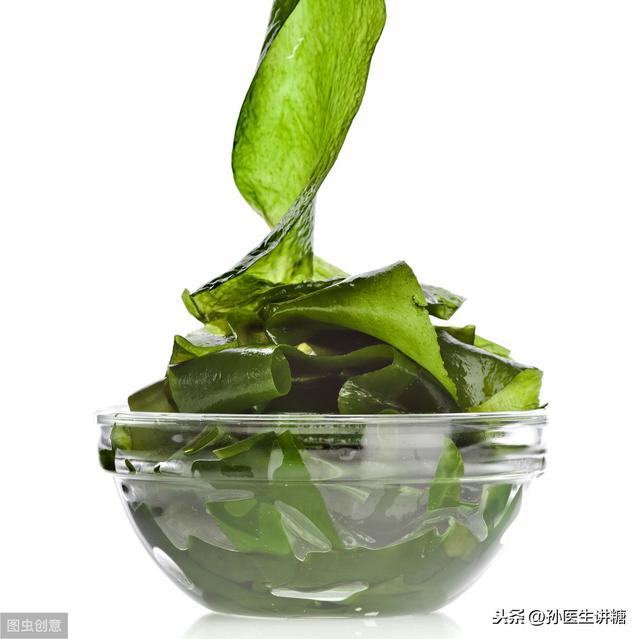
The amount of iodine in kelp, nori, and seaweed is 1,000 times more than in table salt
Sea fish are 100 times more potent than table salt
Shrimp and shellfish are 10 times more common in table salt
Therefore the difference between seafood with more iodine and seafood with less iodine is still quite obvious. All seafood contains iodine, it's just the amount of iodine in it that varies, and it's still essential to know this for those whose medical advice requires them to control their iodine intake.
Current status of thyroid and iodized salt research in China and the world
Due to endemic goiter (big neck disease), which is compensatory hyperplasia and hypertrophy of thyroid tissue caused by iodine deficiency, it can cause trachea and esophagus compression, resulting in breathing and eating restriction, laryngeal recurrent nerve compression and hoarseness, and compression of the superior vena cava, resulting in varicose veins on the surface of the skin of the face and other skin surfaces, etc., which causes a lot of inconvenience to the life of the residents, but it seldom causes hypothyroidism.
This disease is mainly caused by a lack of iodine in the food, so our country has been carrying out a comprehensive campaign to add iodine to salt, that is, to eat non-iodized salt, for more than 20 years now. The results over these 20 years have been remarkable, effectively combating endemic goiter.

However, there has been a concomitant increase in thyroid disorders. Among them are the increasing incidence of thyroid nodules, hyperthyroidism, hypothyroidism, and thyroid cancer, which are attributed to improved screening techniques and equipment. The advancement of examination equipment has made it possible to detect nodules of less than 1 centimeter, and the level of examination by technicians is being refined, but more voices are questioning the supplementation of iodized salt.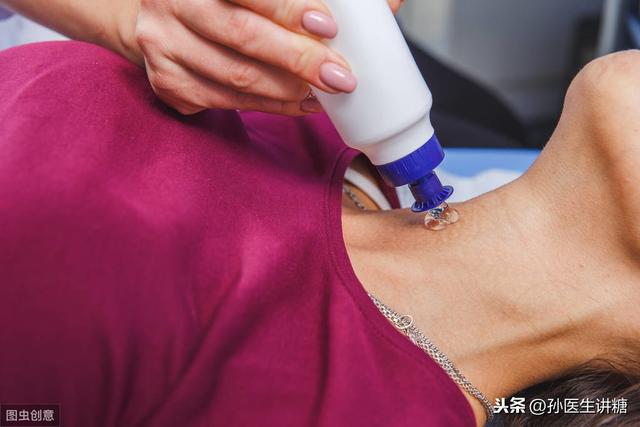
Clinicians are also making a variety of observations, and the state of thyroid disease due to iodized salt is still inconclusive, with no relevant treatment guidelines or expert consensus to guide the relationship between thyroid disease and iodized salt. Guidance needs to be given by the physician in charge of the patient with thyroid disease on a case-by-case basis.
iodine intake
According to the national standard, the amount of iodine contained in each kilogram of iodized salt is 30mg, that is, the amount of iodine contained in each 1g of salt is 30ug, and according to the recommendations of the World Health Organization: healthy adults (non-pregnant women) need to intake of iodine 150-300 micrograms per day, and pregnant and breastfeeding women need to ensure that the iodine intake of at least 250 micrograms per day.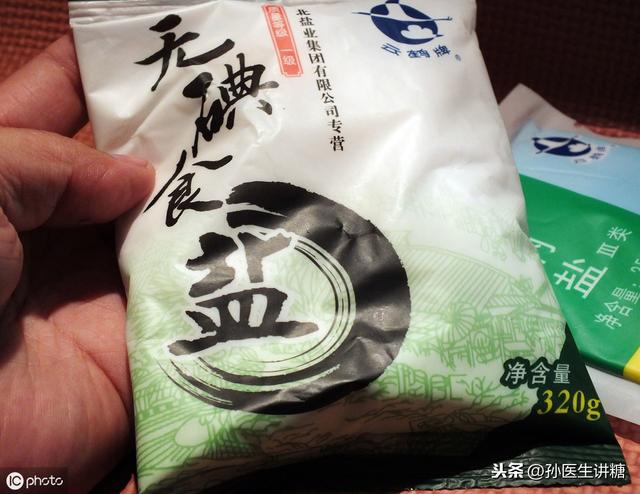
Whereas our body mainly consumes iodine from food and drinking water, about 80-90% of iodine comes from food, so it is very necessary to add iodine to food, and the way of intake is the use of seafood and the application of iodized salt.
The abundance of table foods in inland areas has made iodine intake less difficult, but many people are concerned about the possibility of excessive iodine intake. Excessive iodine intake results in a relatively large amount of urinary iodine being excreted, which in normal people is not very harmful in the short term. Currently, urine iodine testing is the main method of determining iodine overdose.
Urinary iodine is an easy and effective way to determine whether our daily iodine intake is appropriate based on the amount of urinary iodine. International authoritative organizations consider that urinary iodine exceeding 300 mcg/L can be considered as iodine overdose, which may cause hypothyroidism, autoimmune thyroid disease and papillary thyroid cancer.
hypothyroidism
Hypothyroidism is known as hypothyroidism, and there are many different types and different causes of this condition. Depending on the cause of the patient's hypothyroidism, it is important to determine exactly how much iodine content is needed, and whether or not seafood is okay to eat.
Hypothyroidism is a disease characterized by hypothyroidism due to insufficient synthesis, secretion and biological effects of thyroid hormones in the body.
Children and adults present differently, with children occurring in the fetal and neonatal periods and presenting with growth and developmental delays and mental retardation known as cretinism. Adults present with generalized hypometabolism, manifested by weakness, chills, body fatness, pallor, mental slowing, and decreased responsiveness.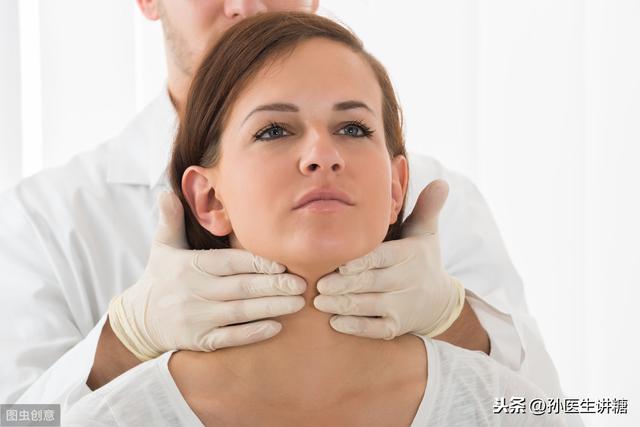
Depending on the cause, hypothyroidism can be categorized into
Primary hypothyroidism, caused by thyroid pathology, such as thyroiditis, thyroid nodules, endemic goiter, etc.
Hypothalamic and pituitary pathology with damage to the anterior pituitary gland, resulting in decreased synthesis of thyroid-stimulating hormones and thyroid hormones, such as in Schiehan's syndrome
Other causes, such as radioactive iodine treatment of the thyroid gland, surgical removal of the thyroid gland, etc., lead to the destruction of thyroid cells and a decrease in the synthesis of thyroxine.
How to consume iodized salt for people with hypothyroidism
Although there are many different types and causes of hypothyroidism, the main clinical observation for iodine supplementation is thyroid-related antibodies, such as anti-thyroglobulin antibodies, thyroid receptor antibodies, and anti-peroxidase antibodies. If these two results are clearly abnormal, the patient is not recommended to consume iodized salt or iodine-containing foods, independently of whether or not the patient has hypothyroidism.
Therefore, for patients with thyroid disease, it is important to check for the above antibodies to determine the need for non-iodized salt.
Enlarged thyroid disease due to iodine deficiency, with some patients experiencing hypothyroidism, is now rare due to widespread iodized salt supplementation. We can just use iodized salt normally, and of course seafood can be consumed normally.
For autoimmune thyroid disease, anti-thyroglobulin antibodies and anti-peroxidase antibodies have very high values and are very prone to hypothyroidism. In this group of patients, seafood is not recommended along with thyroid hormone supplementation, and an iodine-avoidance diet is also needed.
Patients on an iodine-avoidant diet can consume non-iodized salt according to their doctor's requirements and prescription, or they can heat the iodized salt or expose it to the sun to evaporate the iodine in it before consuming it, noting that the iodine content in soy sauce and chicken essence is also relatively high. Soy sauce should be heated to evaporate the iodine, and chicken essence is not recommended.
To summarize: all seafood contains iodine, but the amount of iodine varies, with the majority in seaweeds such as kelp, nori, and seaweed. Eating seafood for patients with hypothyroidism depends on the thyroid-related antibodies, on top of thyroid hormone supplementation, and if positive, they should not eat seafood and should consume non-iodized salt.
I'm Dr. Sun, pay attention to Dr. Sun talk about sugar, continue to learn more quality health knowledge, help please like, have questions please leave a message, will reply!
Do all seafood contain iodine? Can hypothyroid patients eat seafood? The full name of hypothyroidism is hypothyroidism. Whether or not a hypothyroid patient can eat seafood depends on the cause of the hypothyroidism.

Iodine is extracted from the ocean, where marine life lives, and undoubtedly, seafood contains iodine.
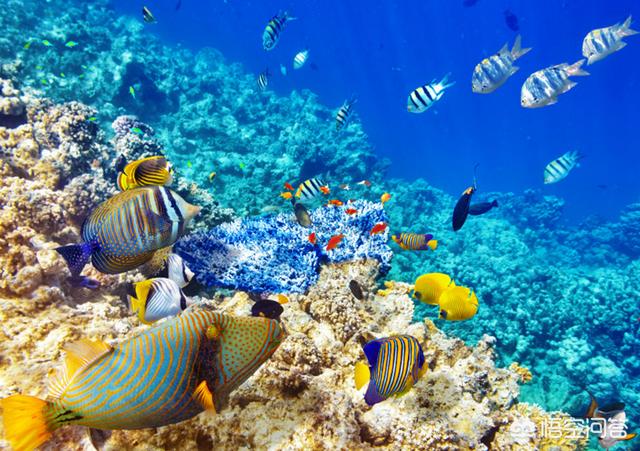
If you have Hashimoto's hypothyroidism, you should eat less iodine-containing foods because iodine raises autoantibodies, which can aggravate hypothyroidism.
If hypothyroidism is caused by hyperthyroidism after treatment, it is recommended to avoid eating seafood and foods with high iodine content, as foods with too much iodine are not conducive to recovery.
If the hypothyroidism is caused by surgery and iodine 131 treatment, you can eat the same diet as a normal person and can eat seafood.
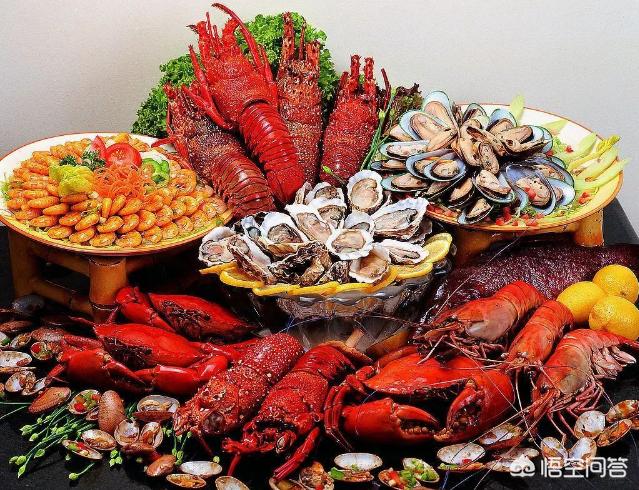
Hypothyroidism can eat seafood, the full name of hypothyroidism is hypothyroidism. At present, hypothyroidism is a common disease in endocrinology as well as a frequent disease. The general symptoms of hypothyroidism patients include chills, fatigue, memory loss, abdominal bloating, constipation, and irregular menstruation, amenorrhea, and infertility in female patients; and sexual dysfunction in male patients. The dietary requirement for patients with hypothyroidism is a low-salt diet, because hypothyroidism is a slow metabolism, so the patient will experience water and sodium retention, requiring the patient to have a low-salt diet. Hypothyroidism patients will appear high blood fat, high blood viscosity, hypothyroidism patients are required to eat a low-calorie diet, do not eat high-calorie food, fried food as far as possible do not eat. Patients with hypothyroidism can eat seafood, because the iodine contained in seafood is not particularly much, patients with hypothyroidism can eat seafood, to improve the resistance of patients with hypothyroidism, to increase the intake of protein is very good.
Hello, not all seafood is high in iodine, some are only low in protein and high in zinc from seafood. It's not just seafood foods, so many foods will contain iodine, but some have very little.
Foods that are high in iodine include kelp, nori, shrimp skin, shrimp, and pistachios. If it's your thyroid suggest eating less of the above seafood Wishing you a long and healthy life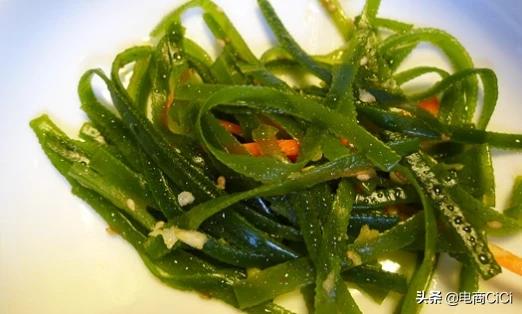
This question and answer are from the site users, does not represent the position of the site, such as infringement, please contact the administrator to delete.